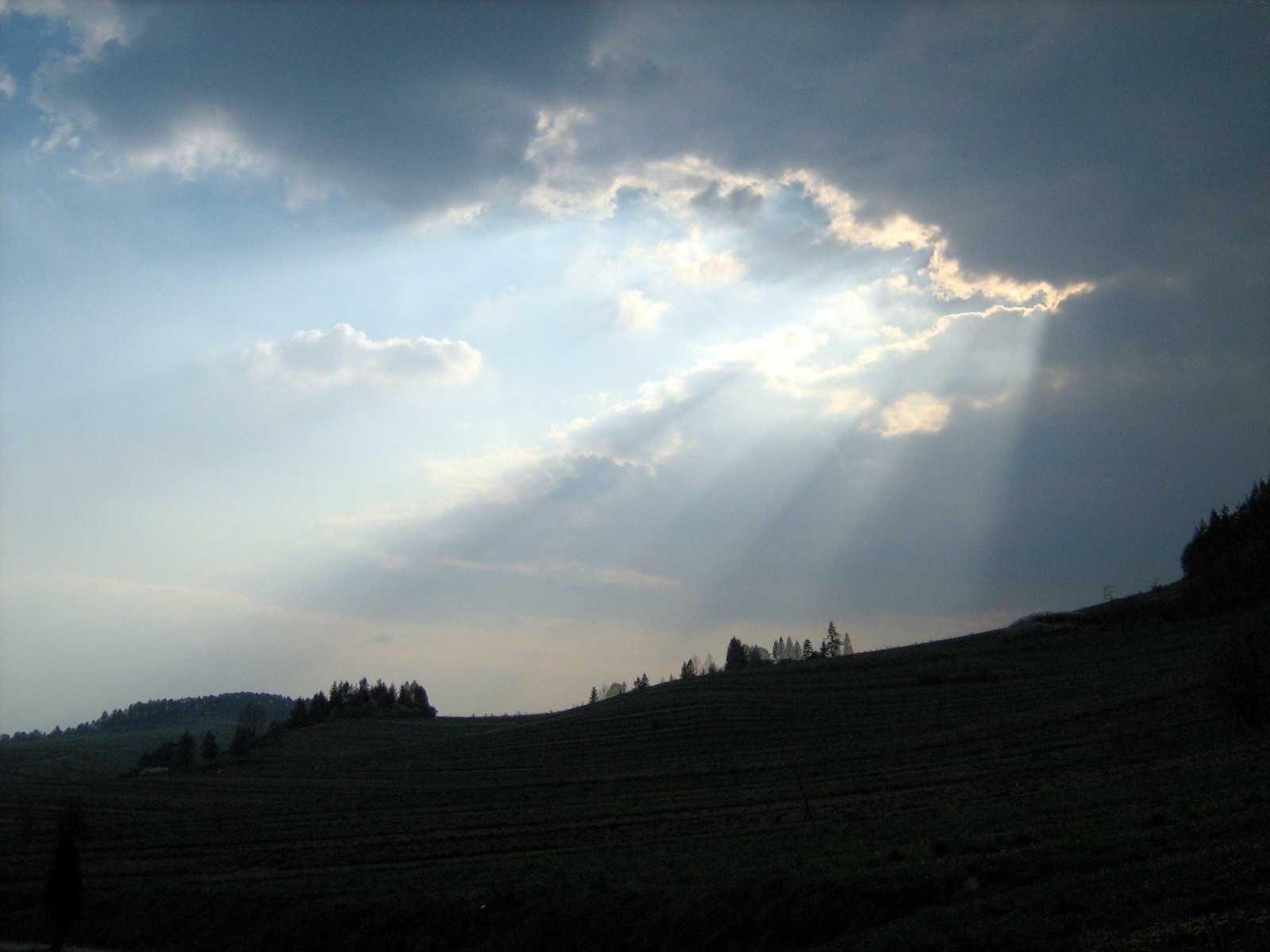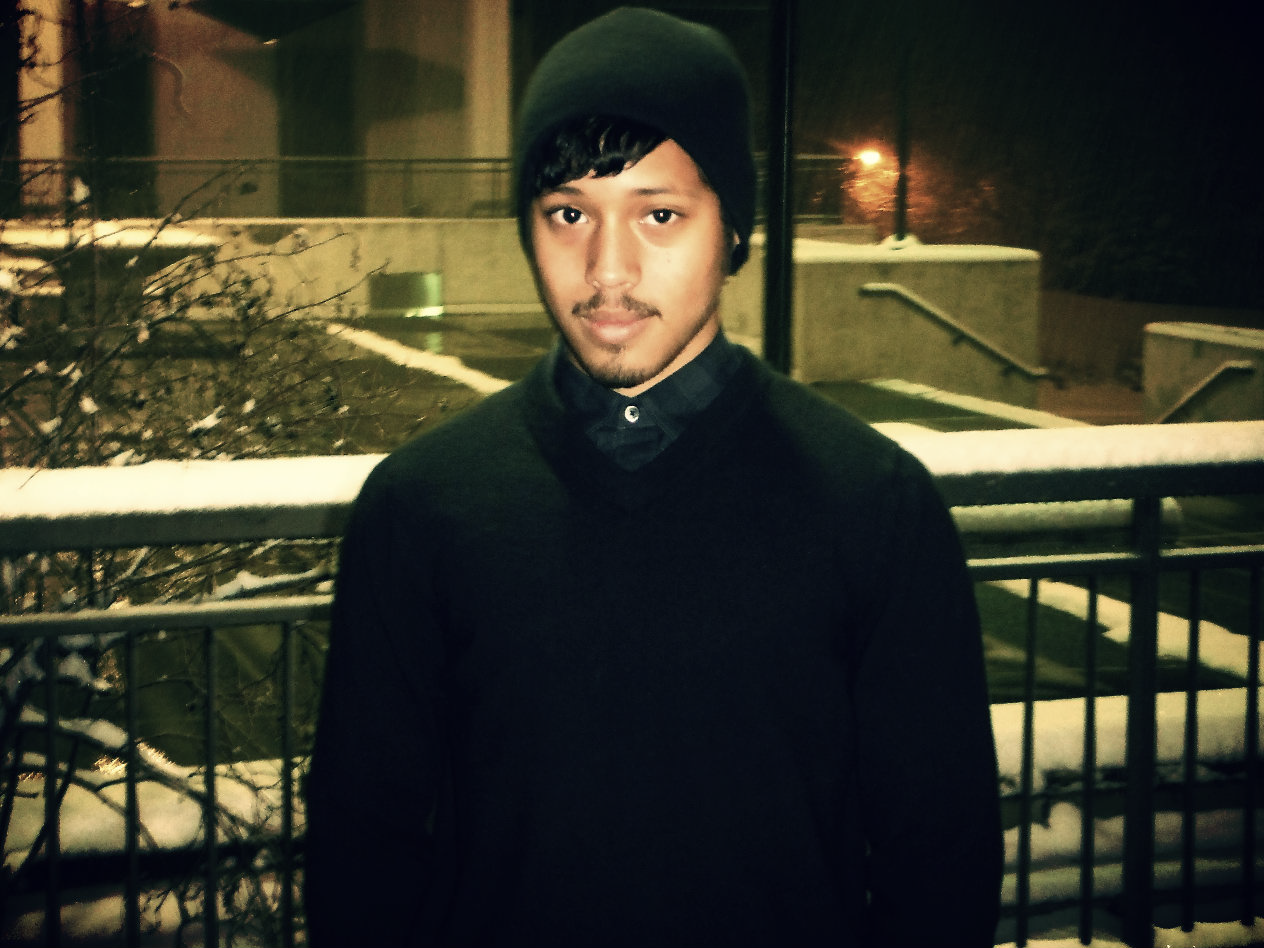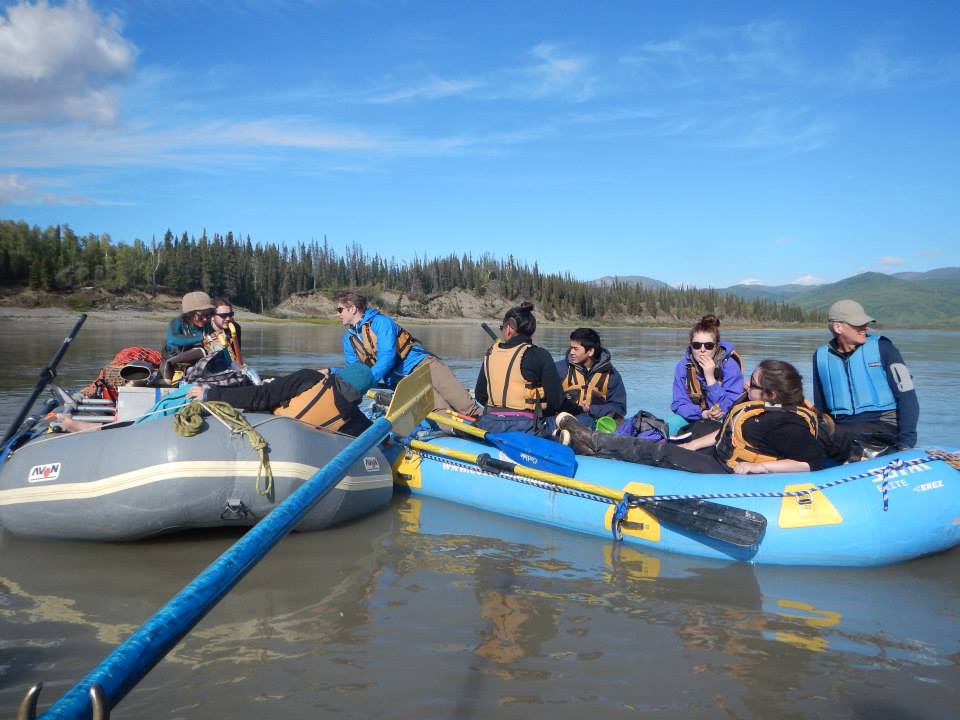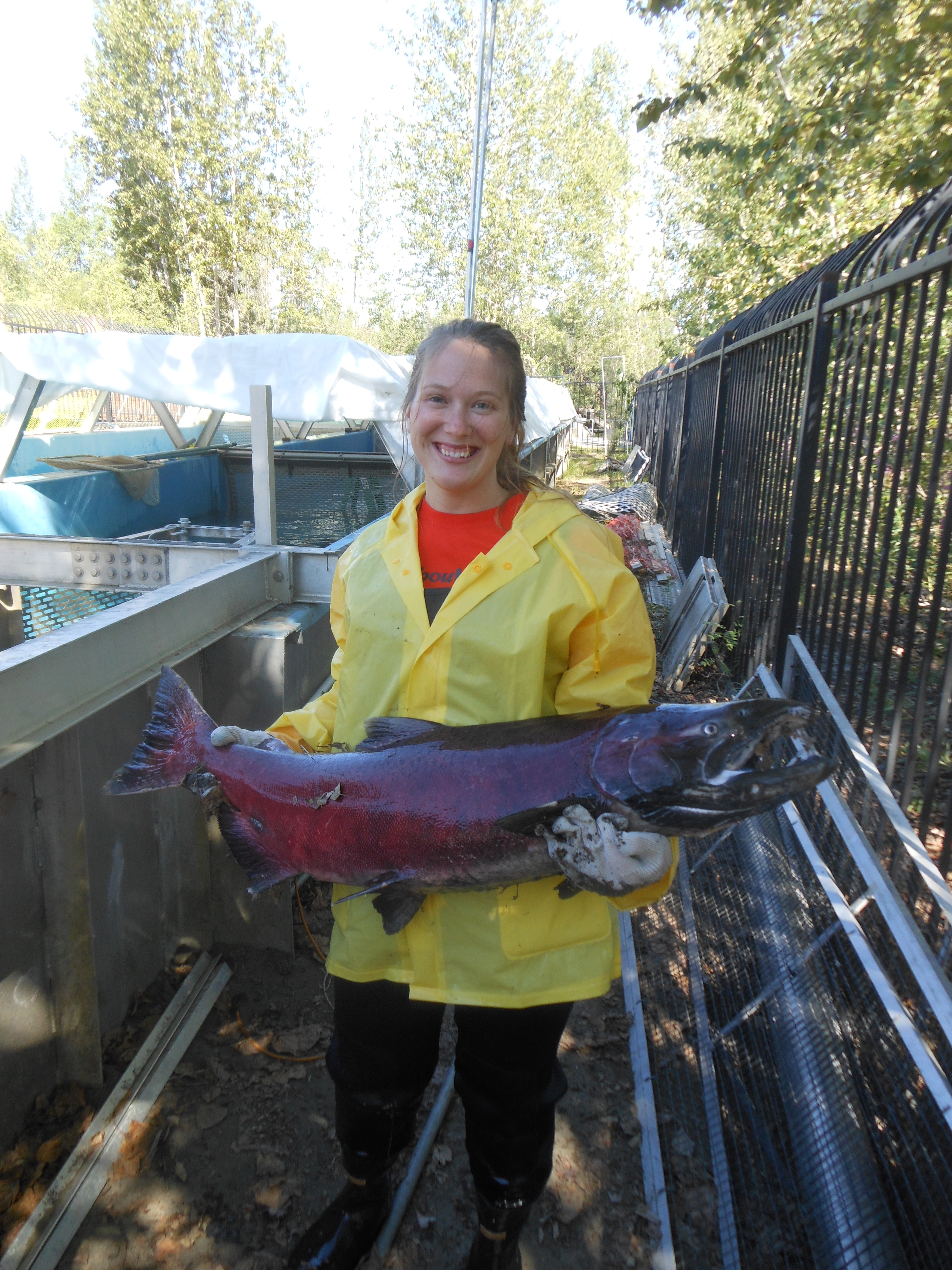by Ryan Shofner
The ephemeral nature of life dawns upon all beings. One day, the powers that be remove someone special from our lives and from that day forth, life is forever changed. It is what we do with the loss and how we handle the days to come that matters.
February 21, 2014: I interview Shelby and Connor, facilitators of the Young-adult, Peer-supported, Greif Group, Co-sponsored and supervised by the Hospice of Anchorage and the University of Alaska Anchorage School of Nursing that caters to 18-30 year-old individuals. Christina, an intern of the Hospice of Anchorage and assistant of Shelby and Connor sums up the group: “We provide a safe and comfortable environment for young adults to share their stories, concerns, and support with other young adults through a time of grieving. Our stories range from philosophical conversations about life all the way to cigarette replacement devices and ways to kick other habits; all issues usually come full circle about how this grief has affected us through losing a loved one.” Now, so the reader may gain full insight, I will state questions I asked, followed by Shelby’s and Connor’s responses.
Would you provide a brief history of the group and its facilitators?
Shelby: In 2011, I lost my father. In August of 2012, I began to attend the Hospice of Anchorage’s “Forget Me Not” group, surrounded by 50 plus year olds and by February of 2013 I took the initiative to form a new group for 18-30 year old individuals. Members of other Hospice groups and from the general public that felt my group a better fit, filtered into it.
Connor: In 2010, I lost my mother and sister. By February of 2013 Shelby included me in the formation of the new grief group and I became a facilitator. I was in pursuit of a Bachelor of Arts in Counseling and Psychology which I have now obtained. Shelby and I are both facilitators and participants, a unique experience for us and group comers.
What sets your group apart from others?
Connor: Counselors are taught to keep a professional distance and shut themselves off from personal participation. The opposite is true for us. Our roles as facilitator-participants are dynamic and take away pressure from us and attendees. We know that we cannot help someone who doesn’t want help and remain open to assisting others in any way possible, one-on-one or through the group. Advice is not allowed unless asked for. By the peer-support model, no one person or licensed practitioner is in control, support is open-ended, and meetings are unstructured and casual.
Shelby: As facilitators we must know that there are no correct answers. We must keep in mind that there are no right words, as we know from experience. It may get you down if you do not remember that in the peer-supported structure, it is not your job to fix people. You must try to ask the right questions and keep listening. The informality, loose-structure, pressure free, judgment-free, comfortable and accepting tone, generates an environment to overcome a grief-fried brain. This is a place to share common experiences of grief and/or emotional stunting by the formation of relationships through compassion and understanding, not pity.
What does a typical day look like?
We sit around table and introduce ourselves or re-introduce ourselves. Then, we “check-in”. This is a time to share recent occurrences of all sorts (good and bad). For example, sharing ranges from issues with a co-worker to the new pair of skis you just purchased to how long it has been since you quit smoking. Next, the floor is open for conversation. This is a time to open up about internal bereavement, the struggles you are currently facing, or to just listen and think. There is a break halfway through. Special nights include (but are not limited to and are open to suggestion) Music Night, Quote Night, Picture Night and Item Night. Everyone willing plays a song, shares a quote, shows a picture, or brings an item relating their grief experience.
What, above all else, do you wish to gain from this interview?
Connor: The lack of media and radically different structure of this group limits the amount of people it is able to touch. What I want most out of this interview, is not necessarily for everyone who sees it to come. It is not for everyone, meaning that it would not provide the greatest amount of assistance to the vast array of individuals experiencing different types of grief. What I want is for everyone to at least know about it.
The Young Adult, Peer-Supported Grief Group meets on the first and third Wednesday of every month from 7:00-9:00PM at the Hospice of Anchorage Office: 2612 E Northern Lights Blvd Anchorage, AK 99508. For more information, contact Lisa or Jane of the Bereavement Group: (907) 561-5322 or visit www.hospiceofanchorage.org. Open: Monday-Friday, 9:00AM-5:00PM.The Hospice of Anchorage provides a wide variety of programs, not just programs regarding grief.
It is what we do with the loss and how we handle the days to come that matters.
[divider]
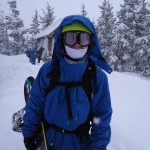 Ryan Shofner likes snowboarding, philosophizing, and enjoying the fruits of life.
Ryan Shofner likes snowboarding, philosophizing, and enjoying the fruits of life.
